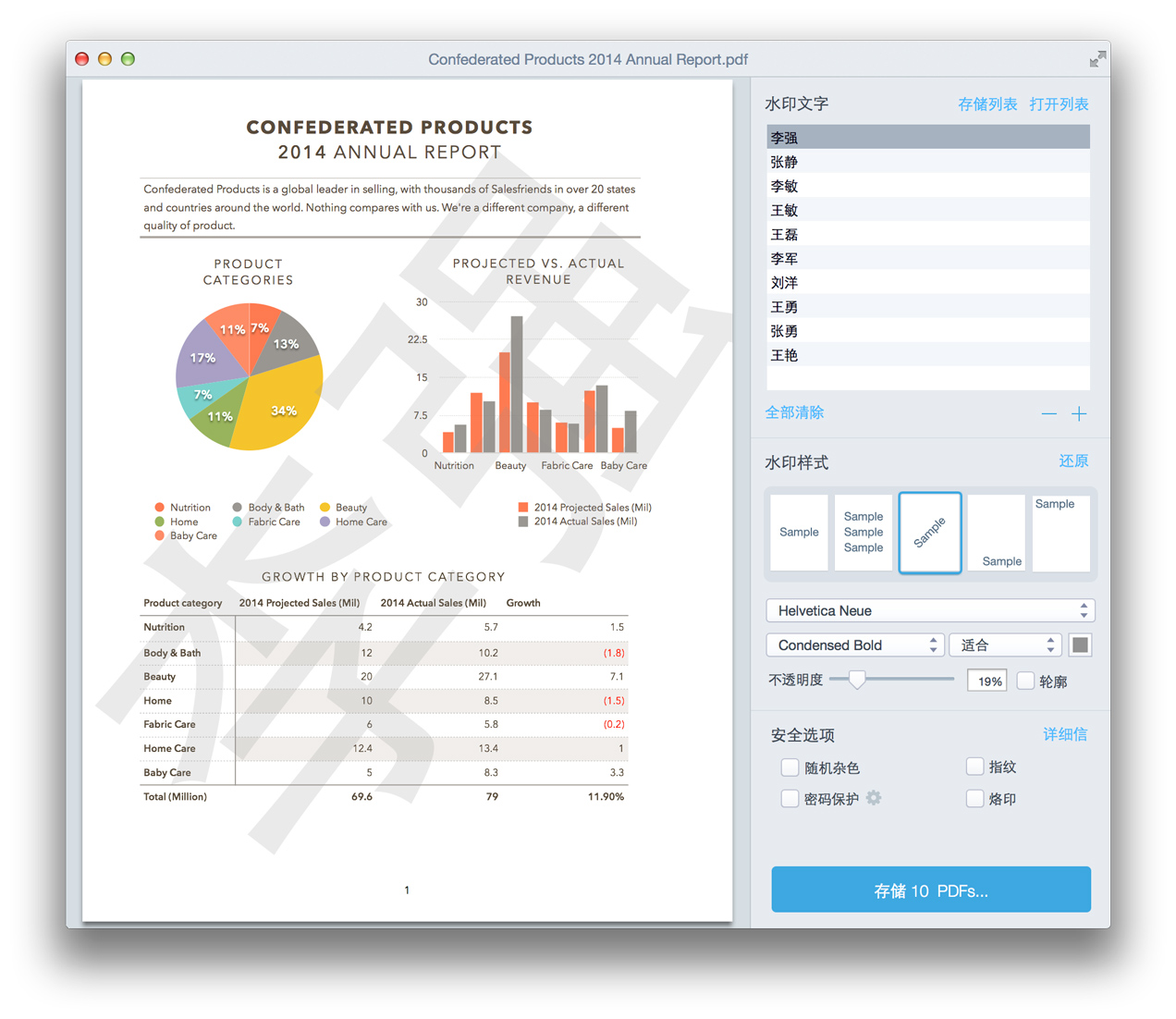Canadian screenwriter Ryan Knighton joins John and Craig to discuss how you sustain a career writing for Hollywood studios while living a flight away. Knighton’s first screenplay was the adaptation of his memoir about going blind. He’s since written for several studios, including a new project for Ridley Scott.
We also talk about general meetings, pitching, adapting true stories, and the Sundance screenwriting lab.
Links:
* [Ryan Knighton](http://www.ryanknighton.com/), and on [Twitter](https://twitter.com/ryanknighton), [Wikipedia](http://en.wikipedia.org/wiki/Ryan_Knighton), [This American Life](http://www.thisamericanlife.org/contributors/ryan-knighton), [The Moth](http://themoth.org/posts/storytellers/ryan-knighton) and [Reading Aloud with Nate Corddry](http://wolfpop.com/photos/711304/ryan-knighton)
* Ryan’s books [Cockeyed](http://www.amazon.com/dp/1586484400/?tag=johnaugustcom-20) and [Swing in the Hollow](http://www.amazon.com/dp/1895636345/?tag=johnaugustcom-20) on Amazon
* [What is a treatment?](http://screenwriting.io/what-is-a-treatment/) on screenwriting.io
* [Ryan side-by-side with Chris O’Dowd](http://johnaugust.com/Assets/chrisryan.png)
* [LootCrate](https://www.lootcrate.com/)
* [The For Dummies series](http://www.dummies.com/) and [Google AdWords for Dummies](http://www.amazon.com/dp/1118115619/?tag=johnaugustcom-20)
* [Lovage](http://en.wikipedia.org/wiki/Lovage) on Wikipedia
* [Outro](http://johnaugust.com/2013/scriptnotes-the-outros) by Scriptnotes editor Matthew Chilelli ([send us yours!](http://johnaugust.com/2014/outros-needed))
You can download the episode here: [AAC](http://traffic.libsyn.com/scriptnotes/scriptnotes_ep_195.m4a) | [mp3](http://traffic.libsyn.com/scriptnotes/scriptnotes_ep_195.mp3).
**UPDATE 5-4-15:** The transcript of this episode can be found [here](http://johnaugust.com/2015/scriptnotes-ep-195-writing-for-hollywood-without-living-there-transcript).

 My name is John Ratchford. I’m a 27-year-old Australian writer, currently living in London. I’ve sold one script and had another optioned, but I consider myself a beginning writer. On Twitter, I’m @johnhratchford.
My name is John Ratchford. I’m a 27-year-old Australian writer, currently living in London. I’ve sold one script and had another optioned, but I consider myself a beginning writer. On Twitter, I’m @johnhratchford.